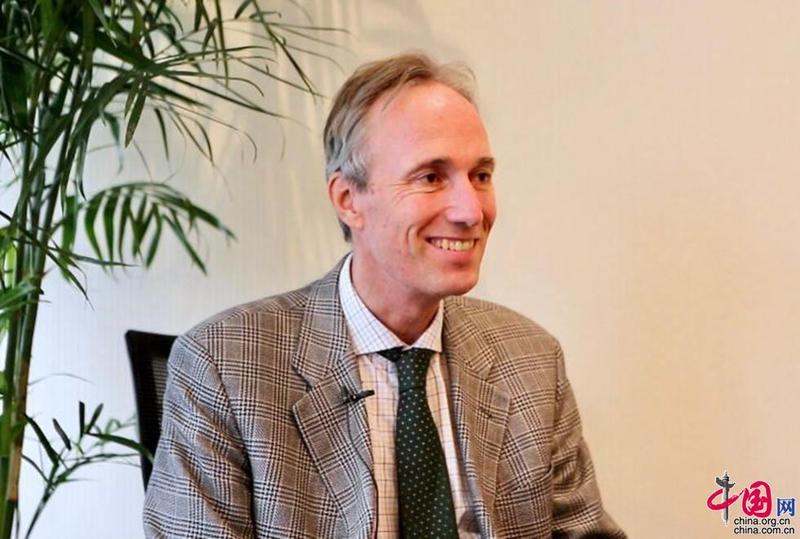 Martin Raiser, World Bank country director for China. (PHOTO / CHINA. ORG. CN)
Martin Raiser, World Bank country director for China. (PHOTO / CHINA. ORG. CN)
BEIJING - China's economic rebound was better than expected in the second quarter (Q2) amid the COVID-19 epidemic, said a World Bank official.
China has benefited from significant policy space in rolling out its fiscal and monetary response
Martin Raiser, World Bank country director for China
"It is indeed higher than what we had projected back in June when we released our Global Economic Prospects report, and we have upgraded our forecast accordingly," Martin Raiser, World Bank country director for China, told Xinhua in an exclusive interview.
China's economy grew 3.2 percent year on year in the second quarter, following a 6.8-percent contraction in the first quarter, according to the National Bureau of Statistics (NBS).
NBS figures showed that China's value-added industrial output expanded by 4.4 percent year on year in the second quarter as factories stepped up production amid COVID-19 control. Indicators such as fiscal revenue, foreign trade and foreign direct investment also charted substantial recovery, especially in June.
ALSO READ: China brings hope to global economy
China has benefited from significant policy space in rolling out its fiscal and monetary response, Raiser said.
To shore up the economy against the epidemic shock, the country has introduced an array of measures, including more fiscal spending, tax relief and cuts in lending rates and banks' reserve requirements to revive the coronavirus-ravaged economy and support employment.
"Structural reforms to boost markets and competition would also help to stimulate more private investment and rekindle productivity growth," Raiser said.
READ MORE: Economic reform underlines efficiency, innovation
It will be critical that global trade and investment remain open, countries cooperate in the search for effective treatments and a vaccine against COVID-19, and further steps are taken to cushion the impact of the global recession on the poorest countries, including where needed, through debt relief, Raiser added.


